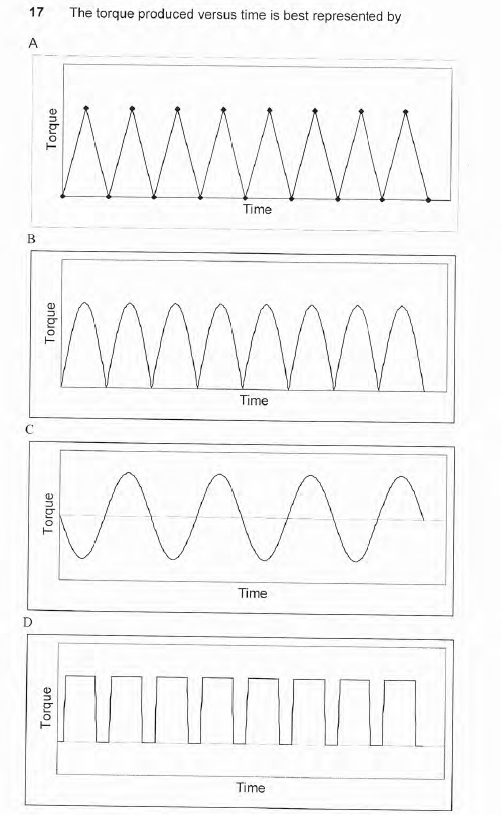someth1ng
Retired Nov '14
re: HSC Physics Marathon Archive
1. The rotation should make the value of g at Everest even lower and the thickness of the crust, itself, isn't a good reason if you don't elaborate on it further.
2. It's better to say that Earth is not uniformly dense so certain parts of the planet will be more dense, increase the value of g in those areas and areas where it's less dense will have lower values of g.
3. Again, with your last reason, Everest is closer to the equator than it is to the poles - you need to elaborate on it and say that there's other mountains near the equator.
I would like to add a last reason is that the Everest is the highest point above sea level but it isn't necessarily the most distant point from the centre of the Earth because the slight bulge makes other smaller mountains further from the centre of the Earth, making their value of g lower.
If this was a 4 mark question, I'd give you 0 or 1, at best.
A rote learned answer which doesn't really answer the question - you didn't even mention Mount Everest.Altitude is not the only factor affecting acceleration due to gravity, its value is also affected by:
Earth's Rotations-Creates a centrifugal effect at the equator slightly lowering the value of g
Thickness of Earth's Crust-Varies and contains dense mineral deposits and tectonic plate boundaries which alter the value of g
Earths Shape-The earth is not a perfect sphere but is slightly flatter at the poles-->Thus the value of g is slightly higher at the poles (closer to the centre of the earth)
All these factors contribute to the value of g, thus simply assuming the relative value of g at a particular location based upon one criteria (ie altitude) does not necessarily hold.
1. The rotation should make the value of g at Everest even lower and the thickness of the crust, itself, isn't a good reason if you don't elaborate on it further.
2. It's better to say that Earth is not uniformly dense so certain parts of the planet will be more dense, increase the value of g in those areas and areas where it's less dense will have lower values of g.
3. Again, with your last reason, Everest is closer to the equator than it is to the poles - you need to elaborate on it and say that there's other mountains near the equator.
I would like to add a last reason is that the Everest is the highest point above sea level but it isn't necessarily the most distant point from the centre of the Earth because the slight bulge makes other smaller mountains further from the centre of the Earth, making their value of g lower.
If this was a 4 mark question, I'd give you 0 or 1, at best.



